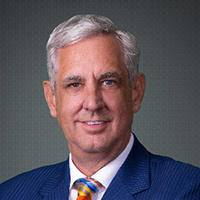Hanover Park Felony Lawyer, Illinois
Sponsored Law Firm
-
 x
x

Click For More Info:
-
Law Offices of Darryl A. Goldberg
33 N Dearborn St Suite 1830 Chicago, IL 60602» view mapCriminal Defense Law Because Experience Matters
When a trial is in your future, make sure Chicago criminal defense attorney Darryl Goldberg is at your side. Defending your rights is the most important thing right now.
800-901-8970
Donald John Ramsell
✓ VERIFIEDDonald J. Ramsell's interests include golf, Corvettes, the Cubs, travel, and winning cases. Donald J. Ramsell is the only Illinois DUI defense att... (more)
Donald J. Cosley
Donald J. Cosley has practiced law since 1994, assisting many clients in divorce and related family law, criminal defense, DUI, traffic violations, dr... (more)
Scott F. Anderson
The Law Offices of Scott F. Anderson provides criminal defense representation throughout Cook County, Lake County, McHenry County and DuPage County. W... (more)
FREE CONSULTATION
CONTACTFREE CONSULTATION
CONTACTTimothy P. Martin
FREE CONSULTATION
CONTACT Darryl Goldberg Chicago, IL
Darryl Goldberg Chicago, IL Practice AreasExpertise
Practice AreasExpertise



